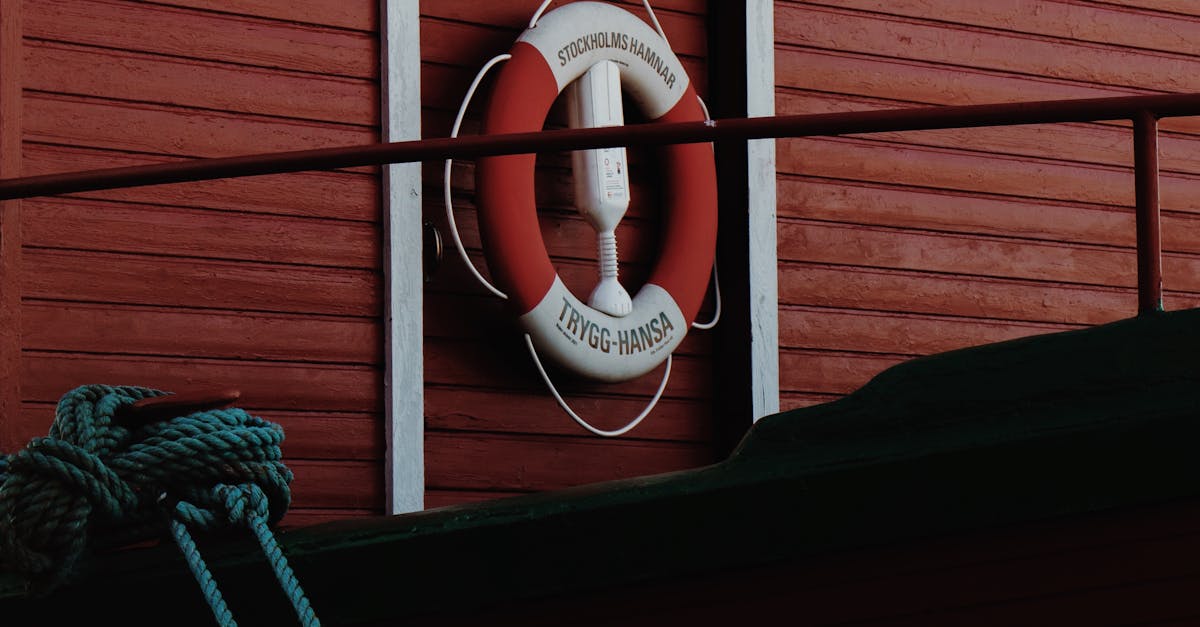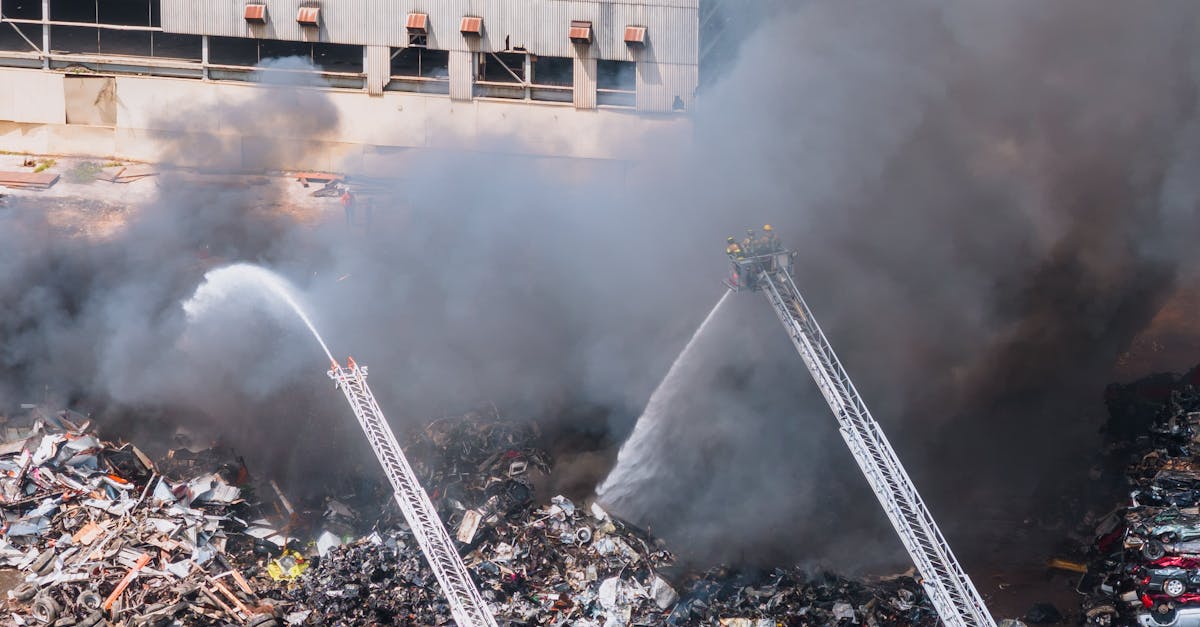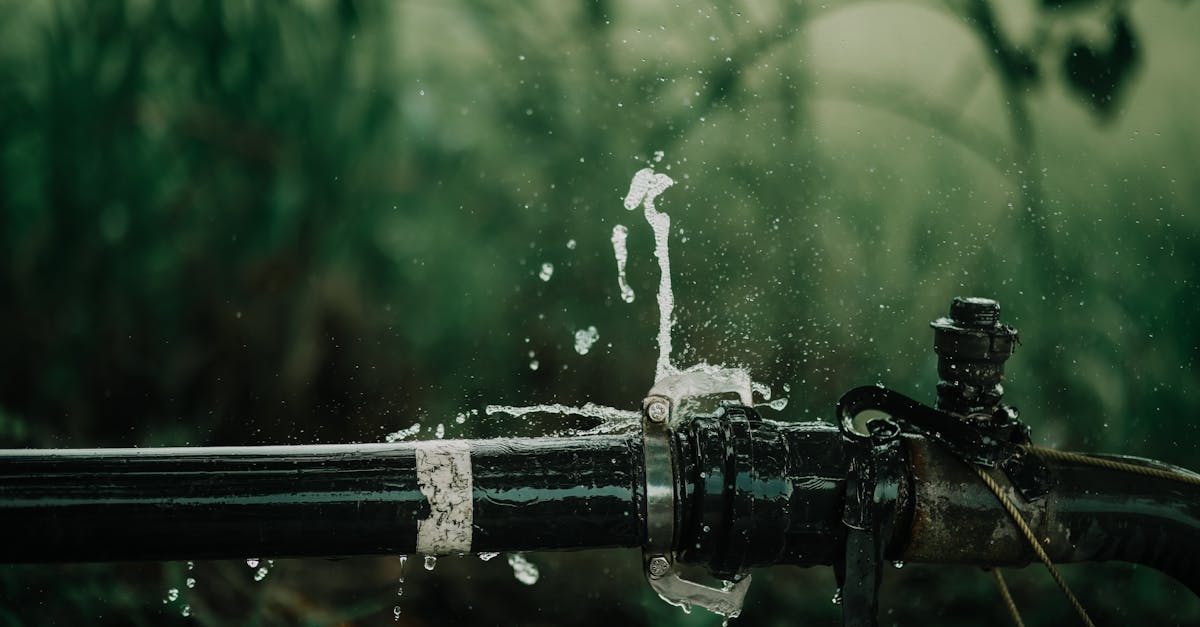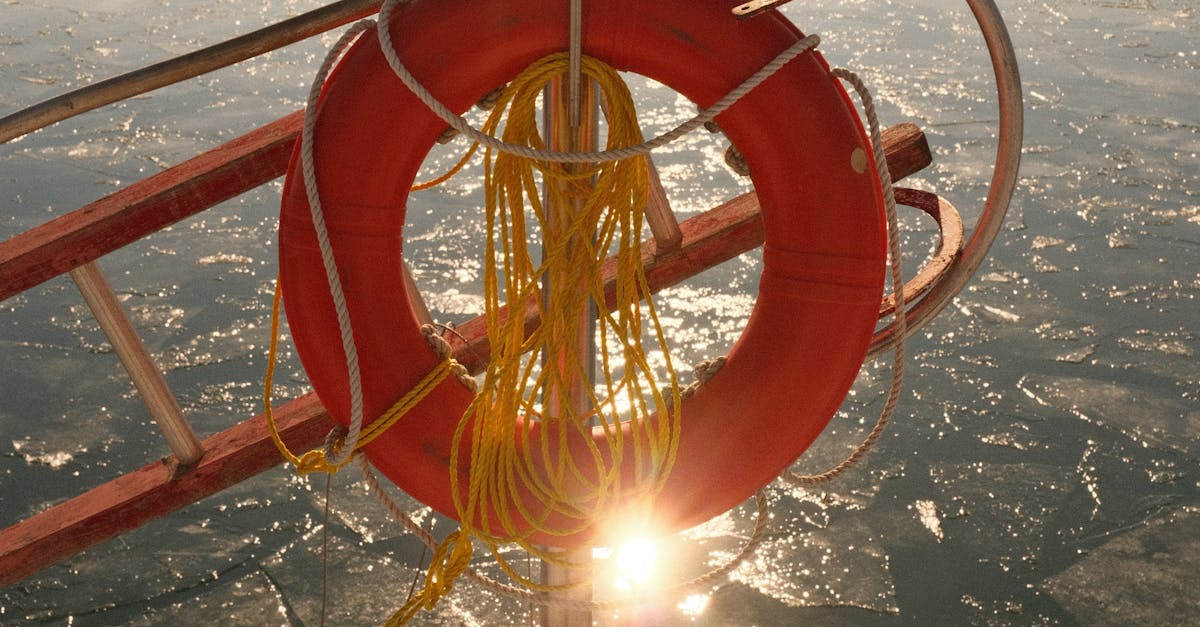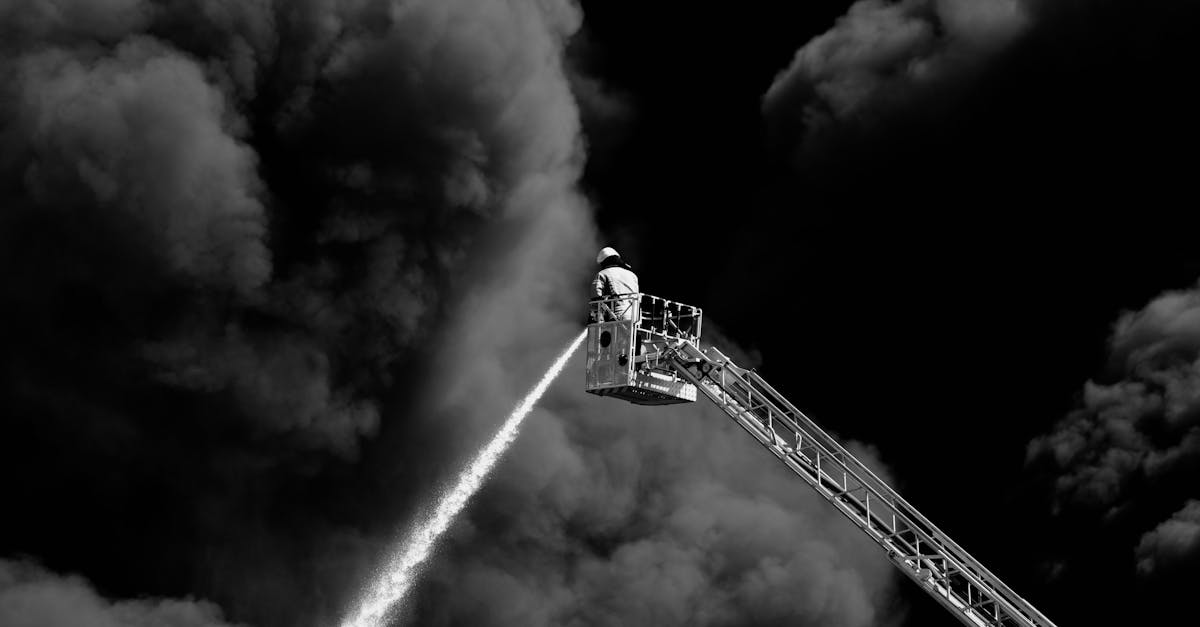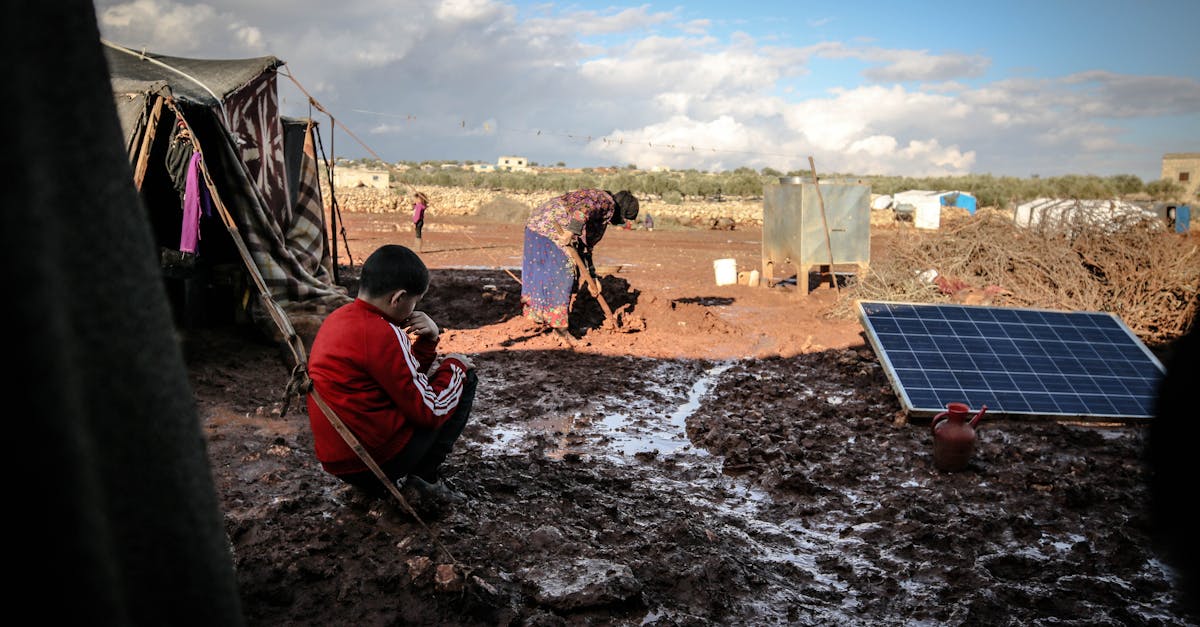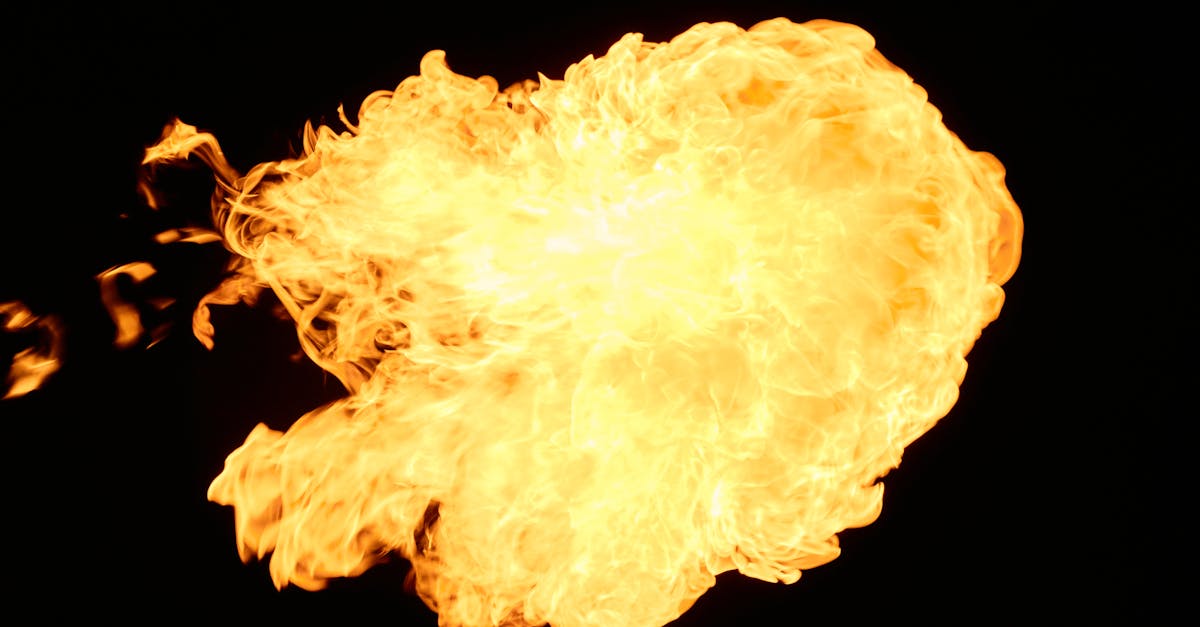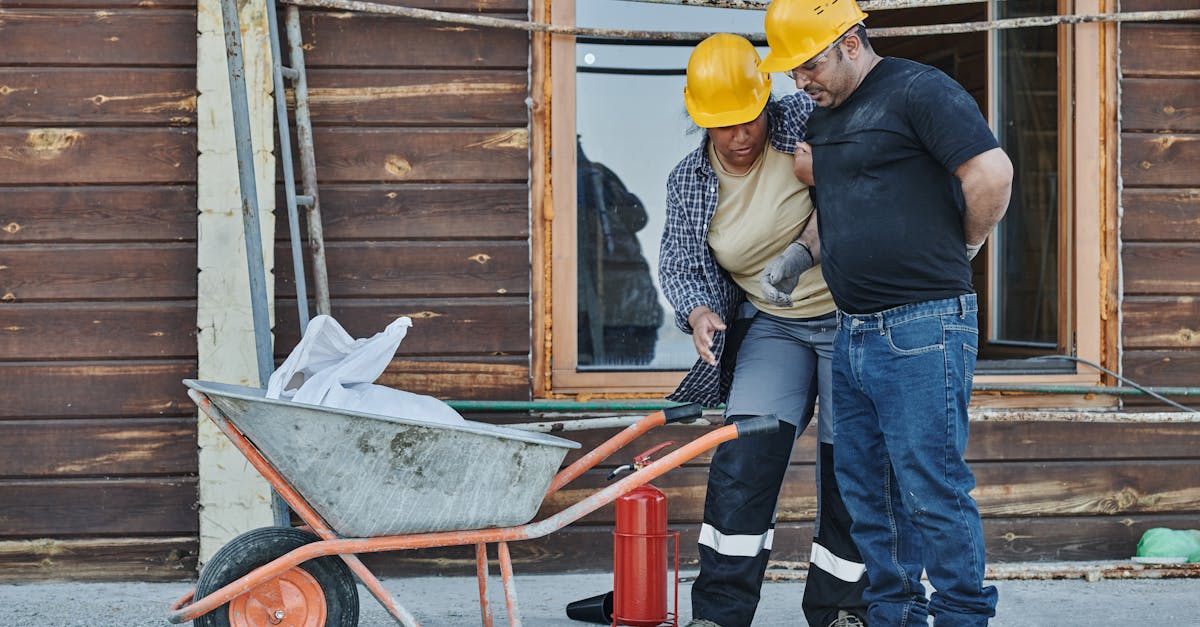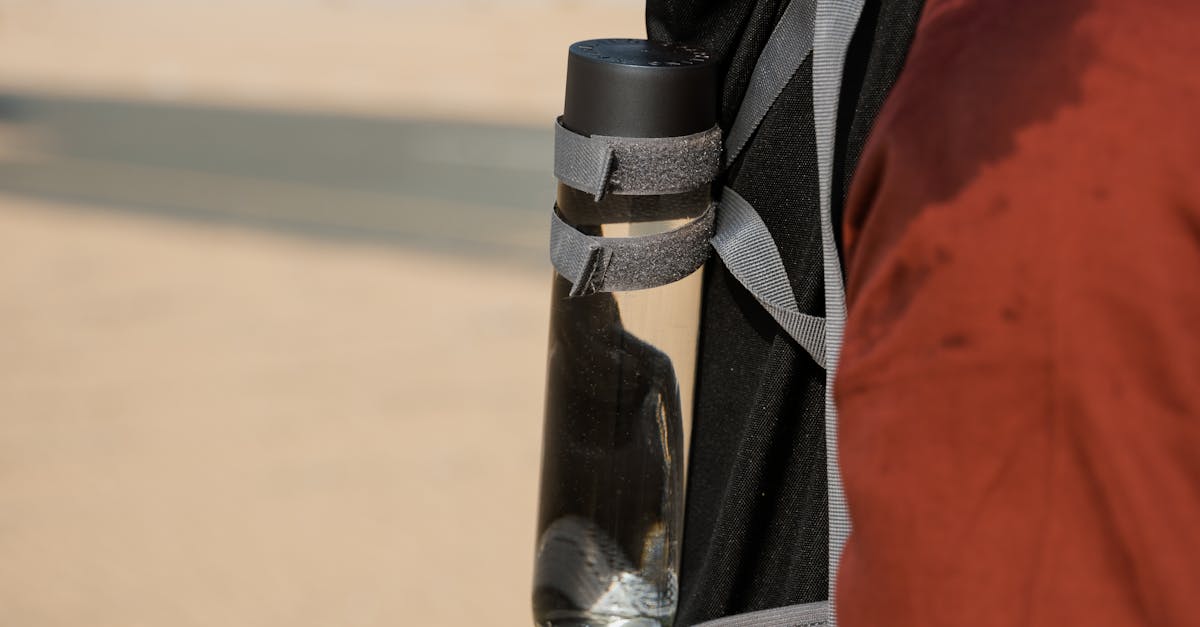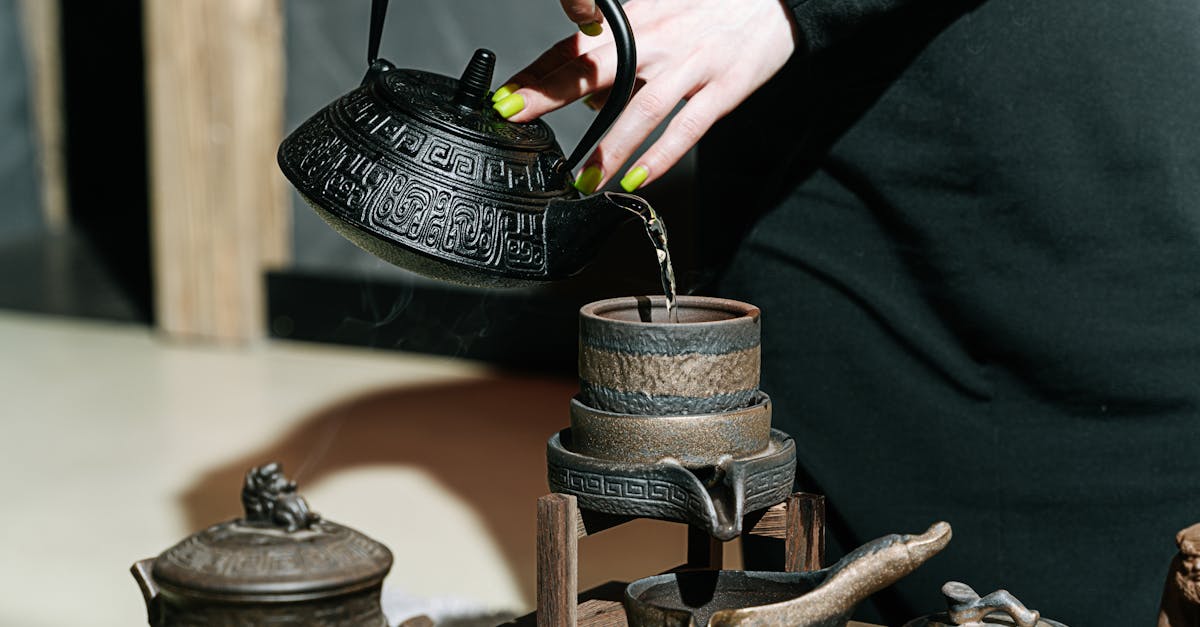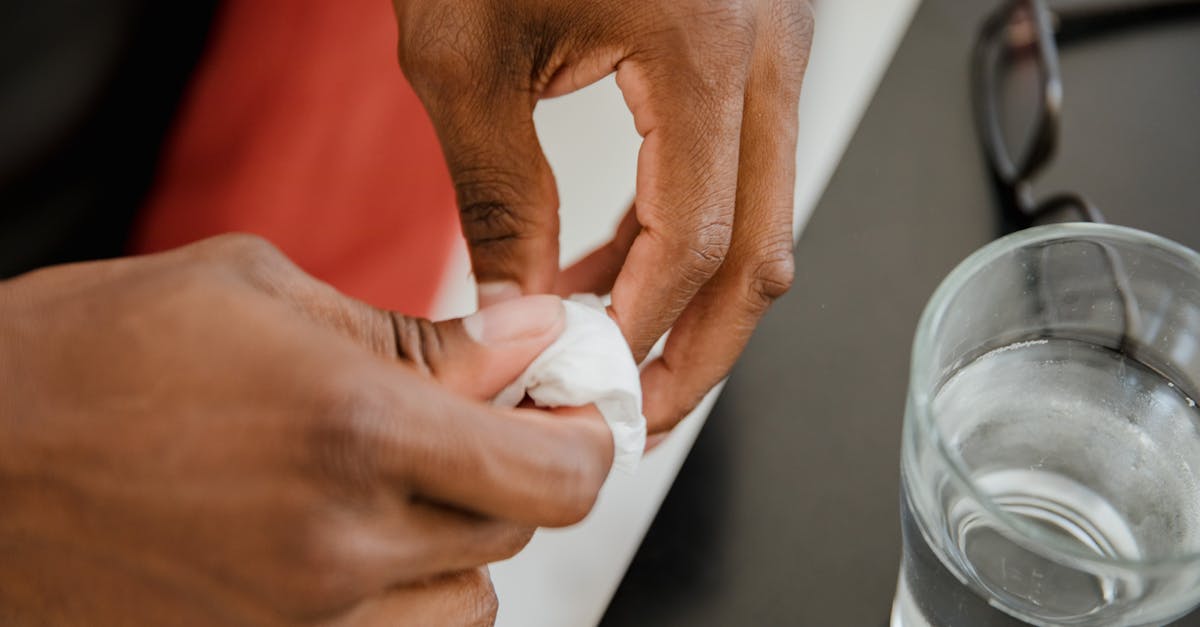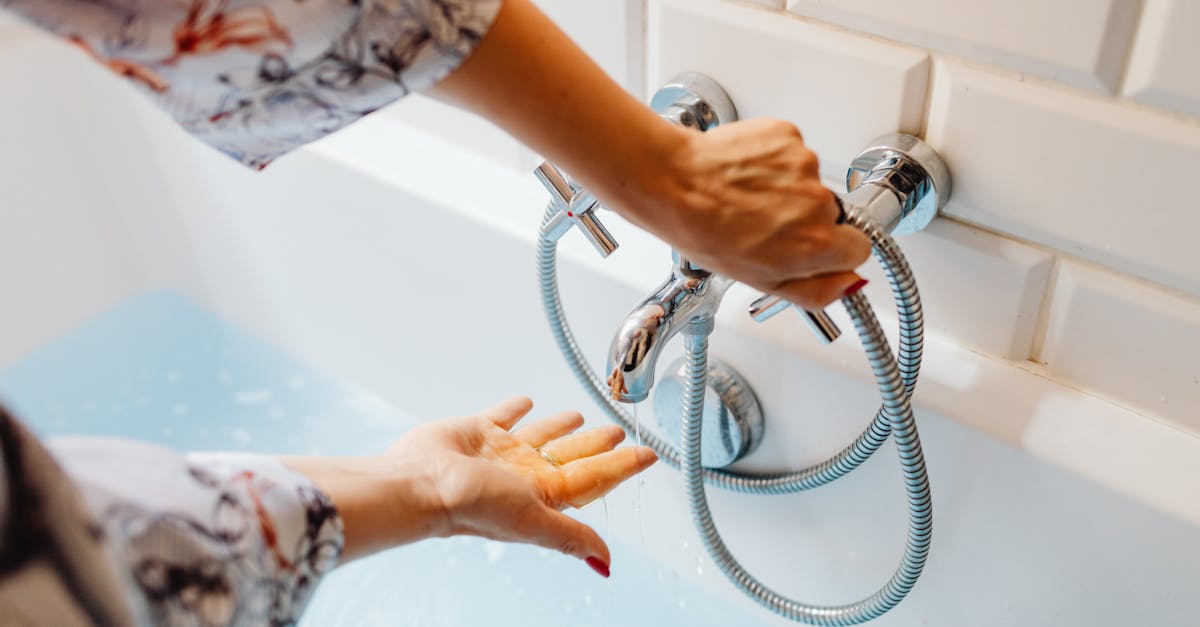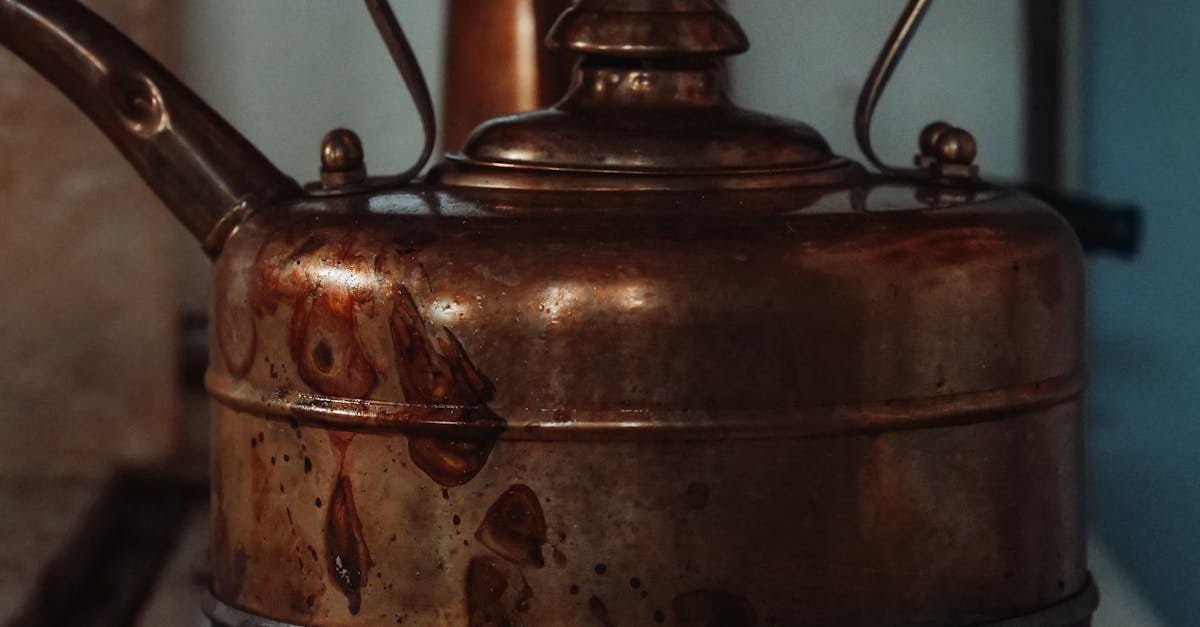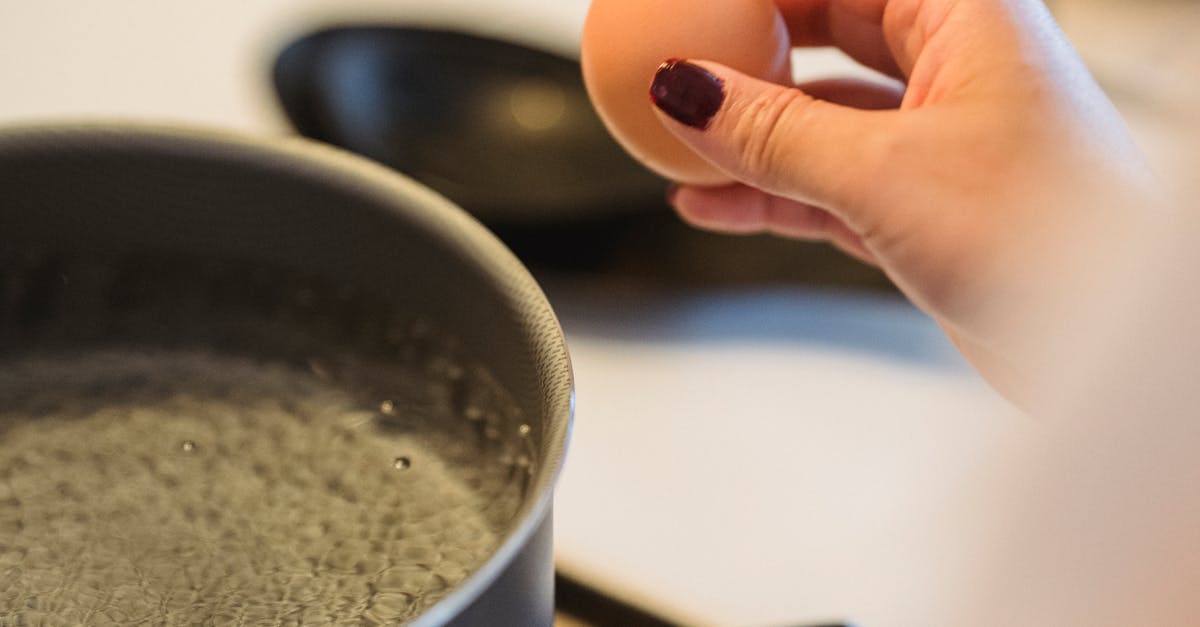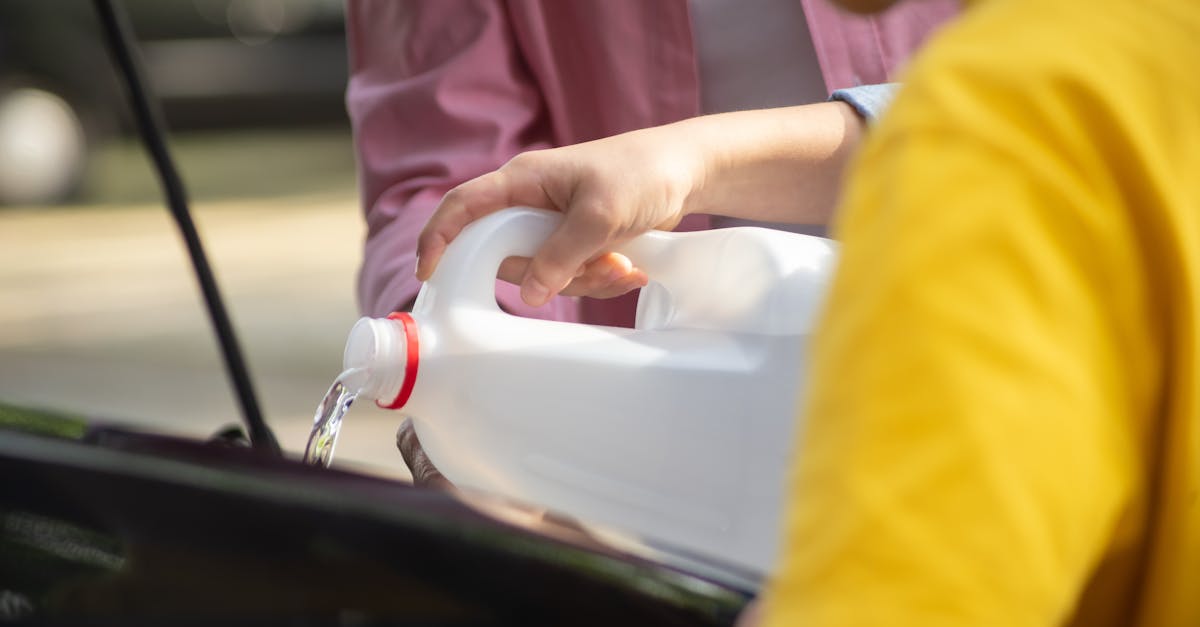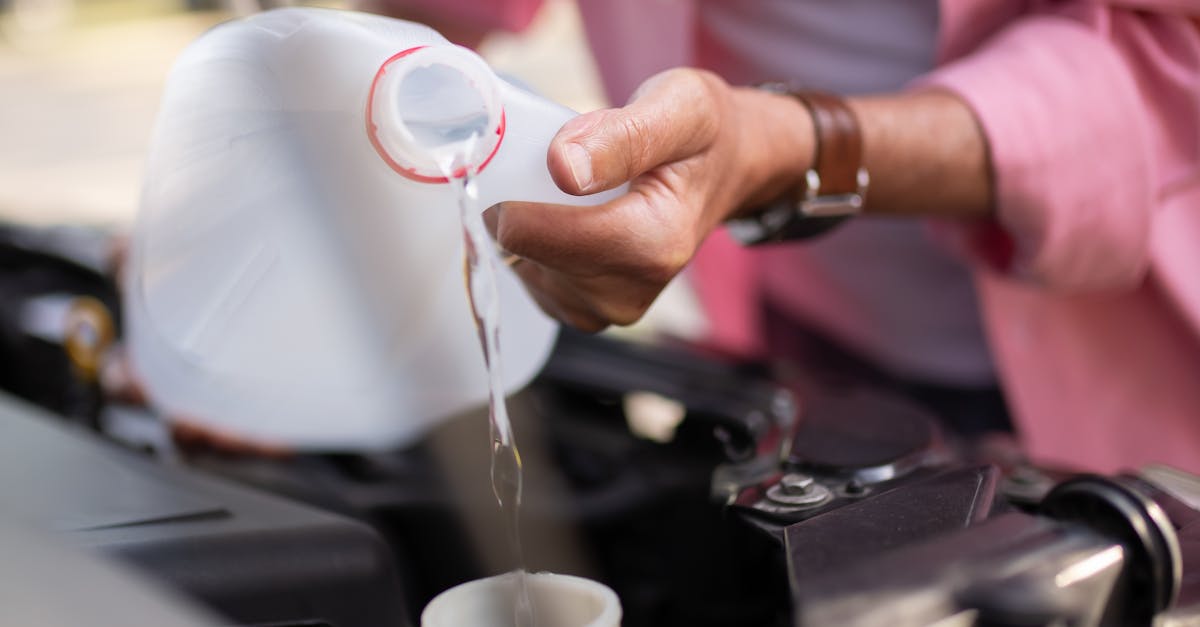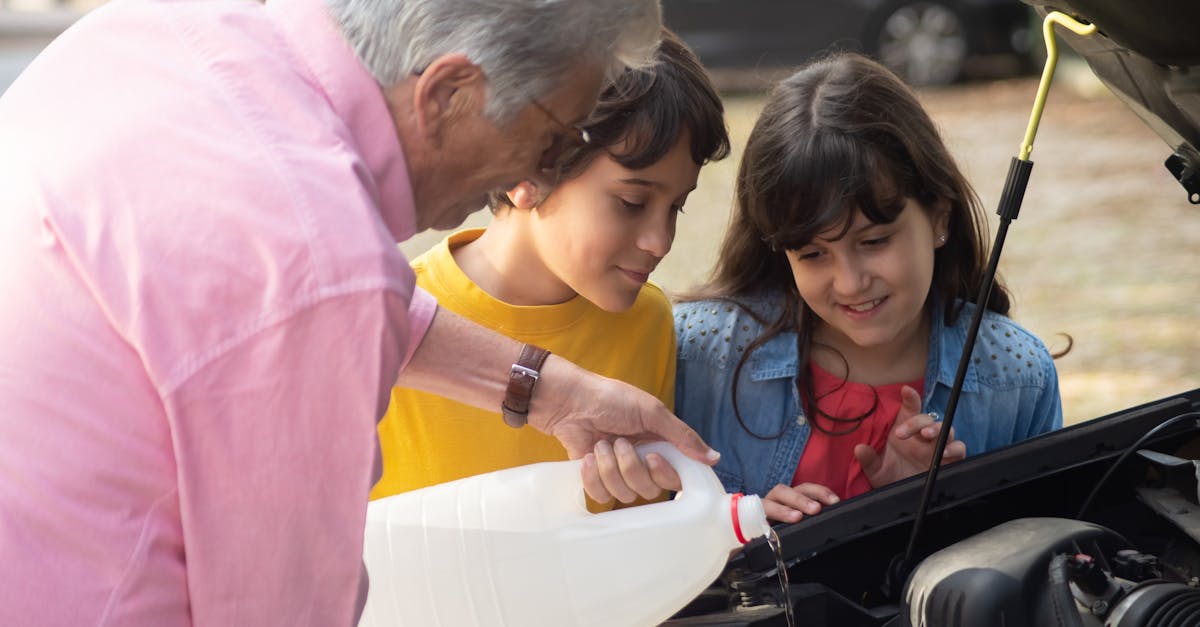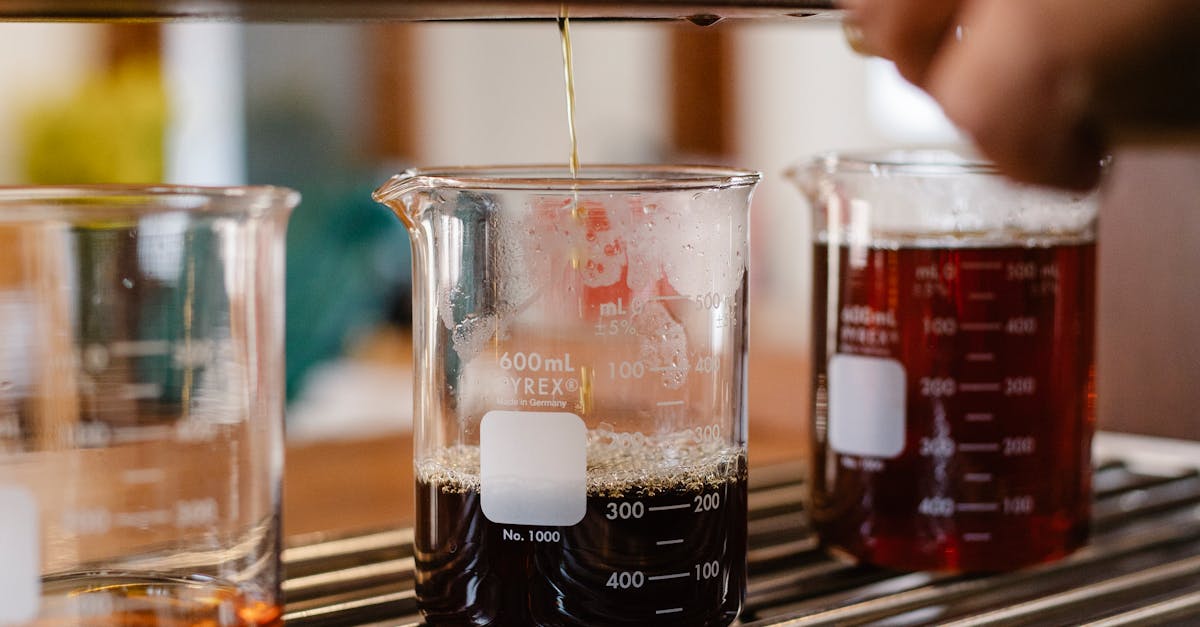
Table Of Contents
Understanding the Impact of Water Quality
The quality of water in your home plays a crucial role in the performance and longevity of your hot water heater. High levels of minerals, commonly found in hard water, can accumulate in the tank and compromise its efficiency. This buildup may lead to decreased water flow and increased pressure, eventually causing the heater to malfunction. Regular maintenance is essential to address these issues before they escalate into a need for emergency hot water repair.
Additionally, poor water quality may introduce contaminants that can further affect the heating elements and overall system integrity. Sediment accumulation not only leads to inefficiencies but can also cause potential damage, which might necessitate costly repairs or replacement. A thorough understanding of your water source and implementing filtration or softening solutions can mitigate these risks and prolong the lifespan of your hot water heater.
How Hard Water Affects Your Heater
Hard water contains a high concentration of minerals such as calcium and magnesium, which can accumulate over time within a hot water heater. This build-up creates scale that can impede the heating process and reduce the unit's efficiency. Heavy deposits may result in increased energy costs as the heater works harder to maintain water temperature, leading to more wear and tear on the system.
Moreover, the presence of scale can eventually cause clogs and prevent proper drainage when trying to empty the heater. Homeowners may find themselves facing unexpected failures that require emergency hot water repair. Regular maintenance to address hard water issues is essential to prolong the life of the heater and maintain its efficiency.
When to Call a Professional
Homeowners may face situations where the challenges associated with their hot water heater require professional intervention. If you notice irregular sounds coming from the unit, such as banging or hissing, it could indicate a serious issue that demands immediate attention. Furthermore, leaking water around the base of the heater or significant changes in water temperature can signal underlying problems. These conditions are often beyond the scope of DIY solutions and warrant a consultation with a skilled technician.
Another indication that you might need to contact a professional is the presence of discoloured hot water or a rotten egg smell, which can suggest sediment build-up or a compromised anode rod. In such cases, an emergency hot water repair might be necessary to prevent further damage or health risks. When in doubt, seeking assistance from an expert not only ensures the longevity of your system but also safeguards your home from potential hazards.
Signs That You Need Expert Help
Recognising the signs that indicate a need for professional assistance is crucial for maintaining the efficiency of your hot water system. If you notice unusual noises coming from the heater, such as rumbling or popping, it could suggest sediment build-up or other internal issues. Additionally, if you find that the water temperature fluctuates erratically or fails to heat up at all, this may signify a more serious problem requiring an emergency hot water repair.
Another telltale sign that it’s time to call in an expert is the presence of discoloured or foul-smelling water. These symptoms often point to corrosion within the water heater or an accumulation of bacteria. Furthermore, leaking water around the unit suggests imminent failure and necessitates immediate action. In such instances, contacting a professional for an emergency hot water repair can help avoid further damage and restore your system's performance.
Troubleshooting Techniques for Homeowners
Before attempting to drain your hot water heater, ensure you have the necessary tools and precautions in place. Start by turning off the power supply or gas to the unit to avoid any hazards. Next, locate the drain valve, typically found at the bottom of the heater. Attach a hose to this valve, directing the other end into a suitable drainage area. By opening the valve slowly, the water should begin to flow out. It’s crucial to monitor the process to avoid overflow and ensure that the hose remains secure.
If the water doesn’t drain after following these steps, sediment build-up may be the culprit. In this case, consider flushing the tank to dislodge any accumulated debris. Pouring a mixture of vinegar and water into the tank can help in breaking down stubborn residues. However, if you find that these DIY methods do not yield results, it may be time to seek emergency hot water repair services. A professional can offer targeted solutions for more complicated issues, ensuring that your system operates efficiently.
StepbyStep Guide to Drain Your Heater
Draining your hot water heater is a straightforward process that can significantly improve its efficiency. First, ensure that you turn off the power supply or gas to the unit to prevent any accidental heating while you work. Next, locate the drain valve, typically situated at the bottom of the tank, and connect a garden hose to it. Position the other end of the hose into a suitable drainage area, such as a floor drain or an outdoor space.
Before opening the valve, it's crucial to turn off the water supply to the heater. Once the hose is in place, carefully open the drain valve and allow the hot water to flow out. Monitoring the process is advisable as sediment and debris may come out as well. Regularly draining your tank can help prevent issues that might necessitate an emergency hot water repair in the future, ensuring your system operates smoothly and efficiently for years to come.
FAQS
What are the common reasons why my hot water heater won’t drain?
Common reasons include sediment buildup, valve malfunctions, clogged pipes, or issues with the water quality.
How can hard water affect my hot water heater?
Hard water can cause mineral buildup inside the tank, leading to reduced efficiency and potential drainage issues over time.
When should I consider calling a professional for my hot water heater?
If you notice signs such as unusual noises, leaks, or persistent drainage problems, it’s best to consult a professional.
What are the signs that I need expert help with my hot water heater?
Signs include lack of hot water, rust in the water, a strong smell, or if the heater is leaking.
What are some troubleshooting techniques I can try at home?
You can try flushing the tank, checking the drain valve for clogs, or ensuring that the water supply is turned on and functioning properly.

